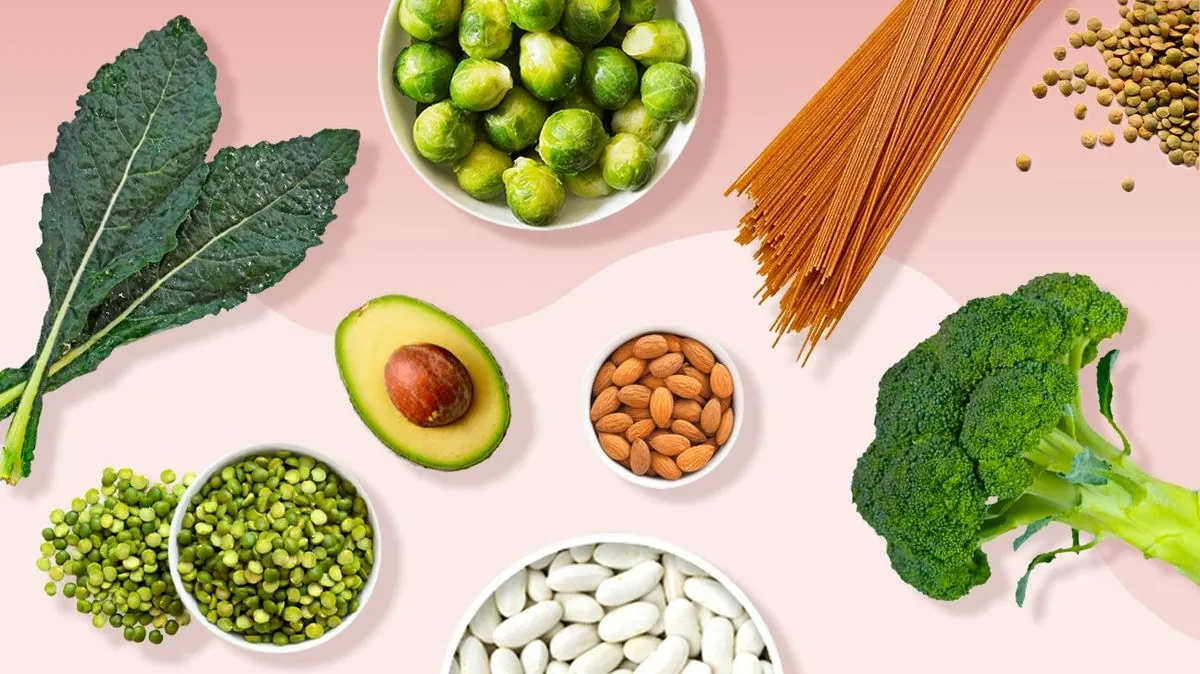Fiber Supplements: A Quick Fix or a Poor Substitute for Whole Foods?
Explore the benefits of dietary fiber and the potential role of supplements in bridging the intake gap. Learn why experts recommend food sources over supplements for optimal health benefits.

Dietary fiber plays a crucial role in maintaining gut health, supporting brain function, and promoting heart health. Despite its importance, most people in the UK consume only 18g of fiber daily, far below the recommended 30g. This persistent gap has led to the emergence of fiber supplements as a potential solution.
Zoe, a trendy nutrition company, recently launched a fiber supplement claiming to boost energy and reduce hunger. Additionally, a study earlier this year suggested that daily fiber supplements could improve brain function within weeks. However, the question remains: can these supplements truly replicate the benefits of a fiber-rich diet?
Fiber, a carbohydrate found in plant-based foods, is unique in that it resists breakdown by human digestive enzymes. Instead, it travels through the gut, where trillions of microbes ferment it. This process releases health-promoting compounds such as short-chain fatty acids and neurotransmitters, which benefit various organs, including the brain and heart.
The gut-brain connection has gained significant attention in recent years. Sammie Gill, a registered dietitian and British Dietetic Association spokesperson, explains:
"When fermentable fiber such as prebiotics or resistant starch are broken down by gut microbes, they release short-chain fatty acids and neurotransmitters which can travel outside of the gut and interact with the brain."
Research has linked these fibers to improved brain health. A study at King's College London found that older adults taking daily prebiotic fiber supplements experienced improved brain function within three months. Moreover, a 2017 study revealed that a Mediterranean-style diet rich in fiber (50g daily) helped one in three patients recover from depression, compared to just 8% in the control group.

Fiber also plays a crucial role in gut health by speeding up transit time and providing food for beneficial bacteria. Clare Thornton-Wood, a registered dietitian, notes that fermentable fibers like inulin produce short-chain fatty acids linked to reduced gut inflammation and a stronger gut lining. Additionally, fiber consumption has been associated with a lower risk of bowel cancer.
For heart health, beta-glucan, a type of fiber found in oats, has been shown to reduce cholesterol levels. Animal studies have also indicated that short-chain fatty acids produced in the gut can improve blood pressure.
While fiber supplements can be beneficial in specific scenarios, such as addressing constipation or diarrhoea, experts emphasize that they are not necessary for everyone. Thornton-Wood advises:
"A diversity of fibers ensures your gut microbes are well-fed and have all they need to function optimally. You're getting far more bang for your nutritional buck with fiber-filled foods versus fiber supplements," adds Gill.
For those considering supplements, it's essential to choose the right type for specific needs. Psyllium husk can help with constipation, while inulin supports gut health. Flaxseed supplements may aid in lowering cholesterol. However, experts recommend consulting healthcare professionals before starting any supplement regimen.
In conclusion, while fiber supplements can play a role in addressing specific health concerns, they should not be viewed as a complete replacement for a fiber-rich diet. The diverse range of nutrients and fiber types found in whole foods offers broader health benefits that supplements alone cannot match.


































